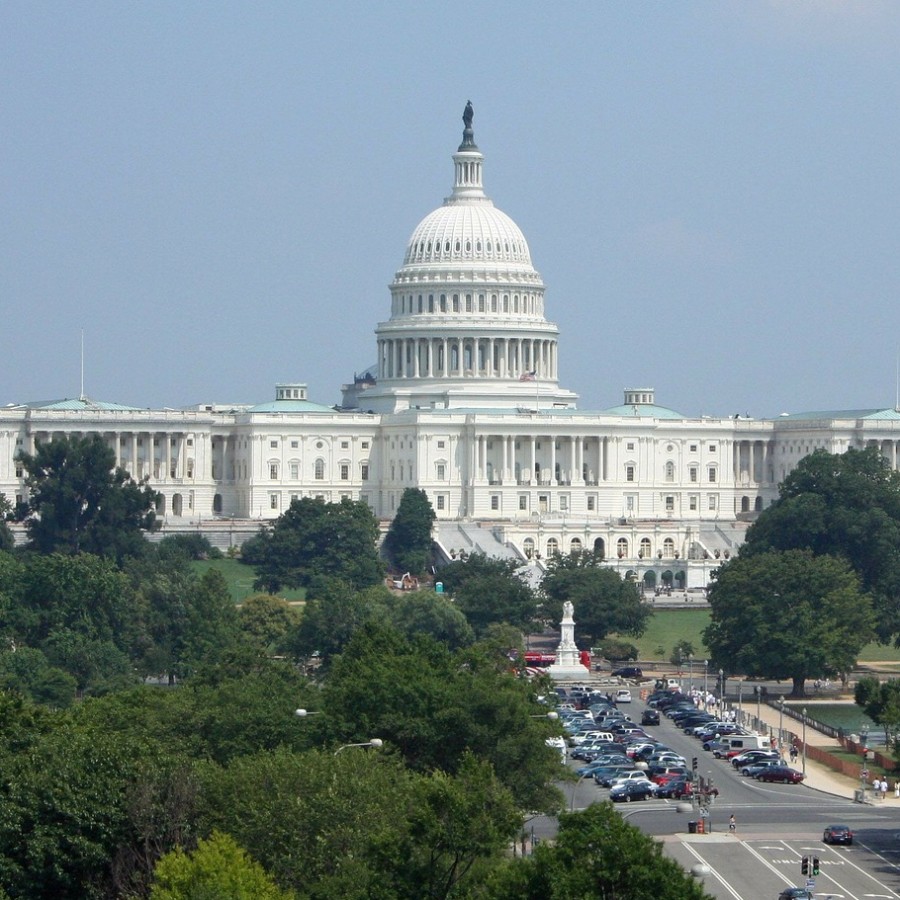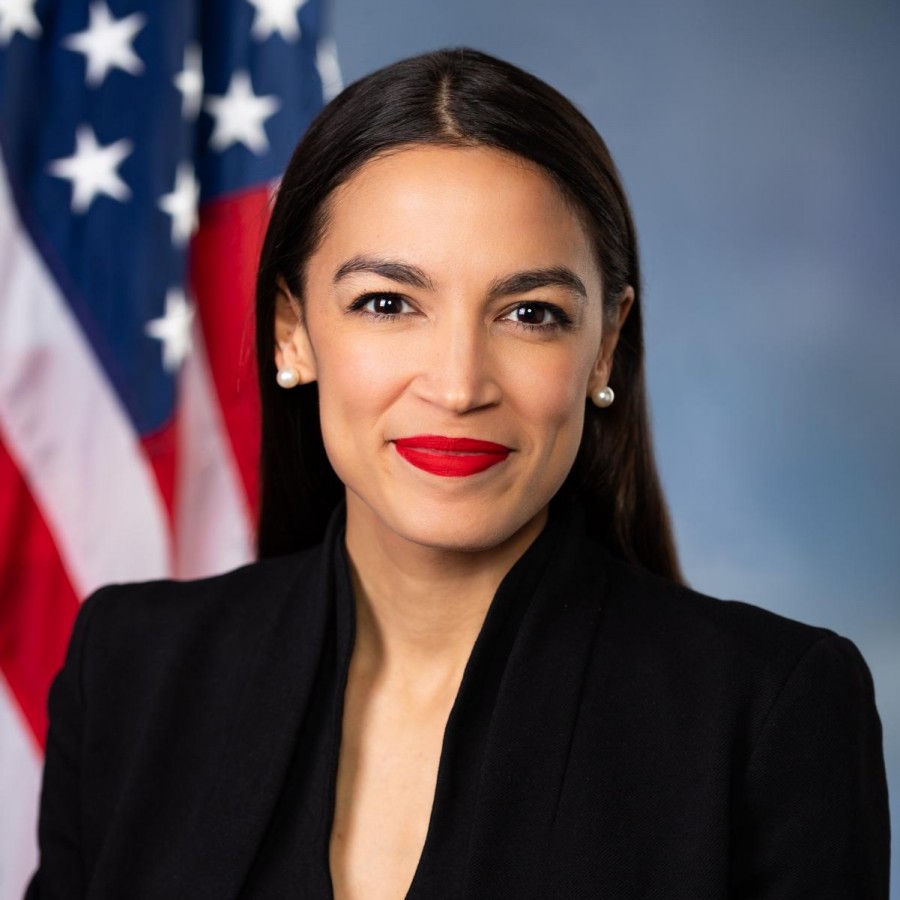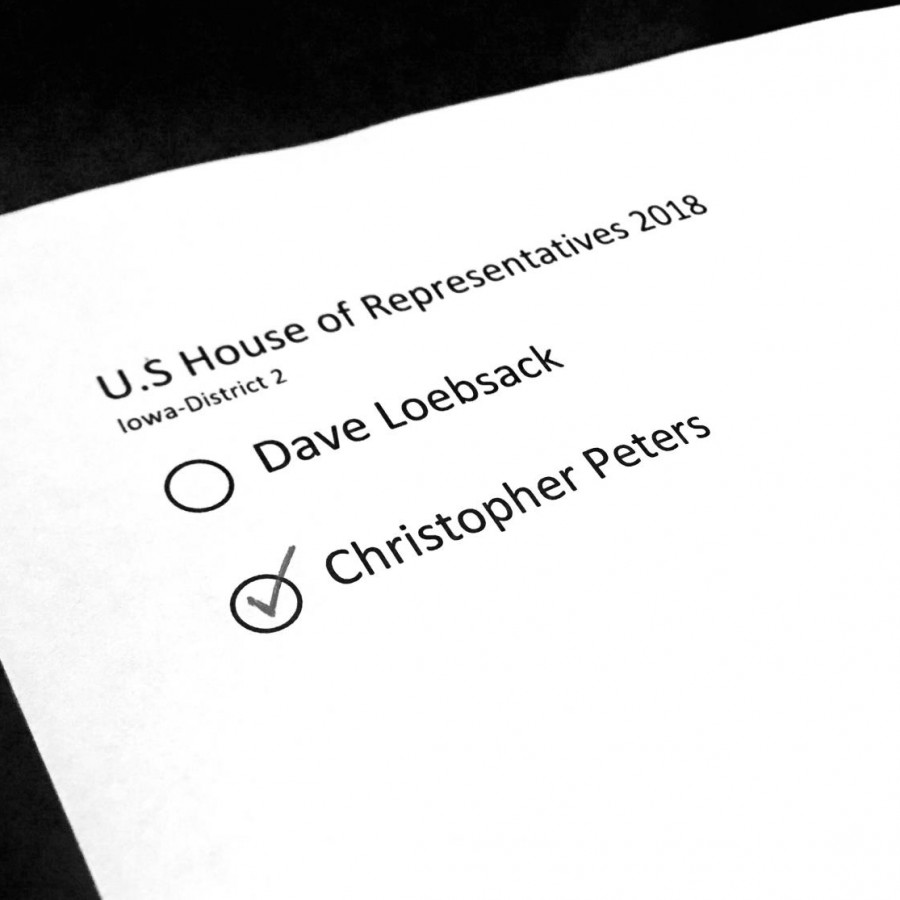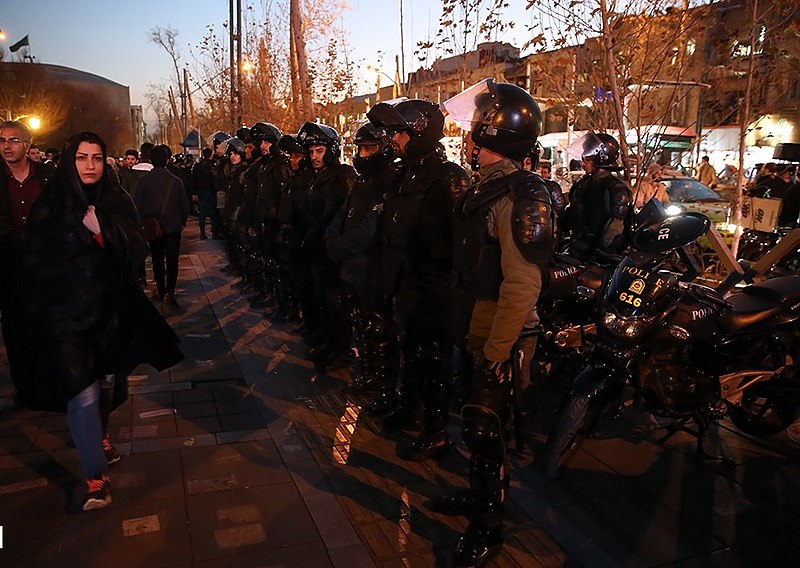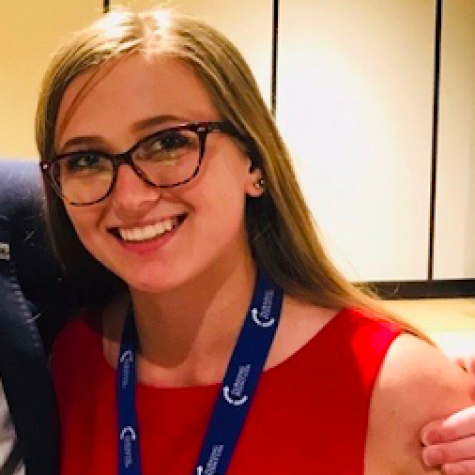The appointment of a Supreme Court Justice is taken very seriously by everyone on the political spectrum, as it should be. The appointment of a judge by a president and a confirmation by the Senate ensures a lifelong term of influential decisions to be made at the federal level. With Justice Anthony Kennedy’s announcement of retirement earlier this year, President Trump has now been able to nominate not his first, but his second Supreme Court nominee during his term, of which he chose Brett Kavanaugh.
Kavanaugh has become a controversial figure for many reasons that seem to build upon themselves as time goes on. From “refusing” to shake the hand of the father of a Parkland victim in a viral photo, to having sexual misconduct allegations made against him that are decades old (which interestingly only came up at this point rather than months before). However, no matter how much dirt people try to dig up on Kavanaugh, there is one controversial topic that has everyone who is interested in politics in a frenzy. The question ridiculously stands: What will happen to Roe v. Wade?
While Kavanaugh has stated himself that previous cases in terms of abortion are precedents, people still fear what could be at stake for its legality. Well, here I am to debunk your fear, because here’s the truth: even if the overturn of Roe v. Wade were to occur (which it likely will not), it does not automatically mean a ban on abortion. It means that the choice is given back to the states. Do we really think that abortion will be criminalized in a blue state like California? Probably not, but shouldn’t they have a choice? I argue, yes. When a precedent like Roe v. Wade is cut, choices on the issue can be made without restriction. This allows state governments, which are naturally closer to the people they represent, make their own choices on the legality of abortion, term limits, and other details that don’t allow them the same freedom if Roe v. Wade stands. This also allows for a freer “market” if you will in terms of ideas. States will be able to try new things and see what works best for their specific communities without having to strictly follow a rule that was set for everyone regardless of circumstances. People make choices, and those choices naturally reflect what is necessary for a society to prosper. Therefore, allowing this “market” of ideas to thrive will result in better ideas constantly being created and coming to eventual compromise in the best way we can. It’s economics.
I personally am pro-choice, but I’m also pro-small government. The less rules we have at the federal level, the more freedom and choice the individual states have, as well as the individual American.



